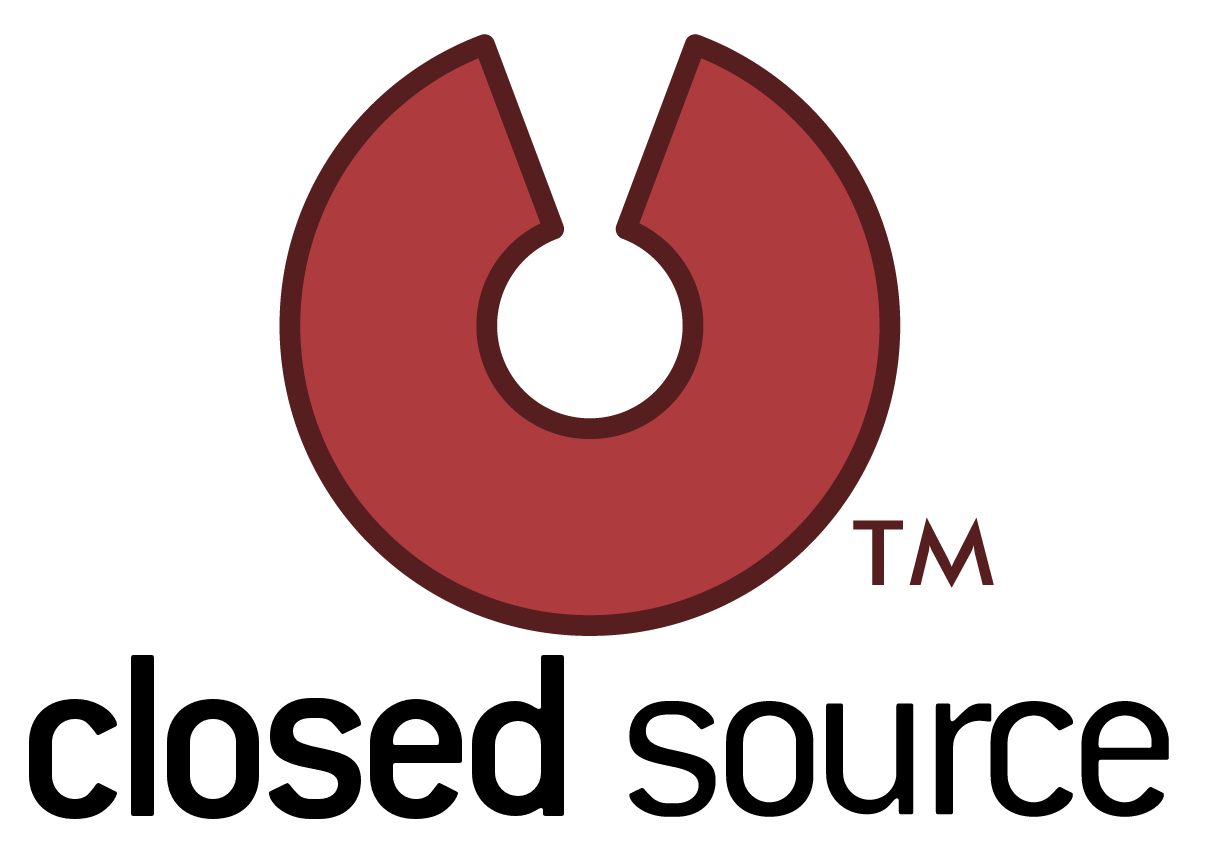To rewrite or not to rewrite?
Published on 2022/12/15
After deciding to make a few changes to simplify my portfolio, I had a choice to make along with the changes; upgrade my portfolio to Nuxt 3 or keep the current version. Nuxt is the name of the framework I use to develop and maintain content on my portfolio in a way where I can often simplify changes to my personal details and write articles in a format friendly to me while remaining fully-dynamic once posted. While the rewrite probably took more time than just slapping my changes on the old version, why would I still choose the path with more work on it?
Why consider a rewrite at all
There are several reasons why someone might choose to rewrite an application instead of upgrading it other than solely the amount of time it would take. Here are a few examples:
- The existing codebase is old and no longer maintainable. Over time, code can become difficult to understand and modify, especially if it was not written with long-term maintainability in mind. In this case, it may be easier and more cost-effective to start from scratch than to try to update and refactor the existing code.
- The application no longer meets the needs of the business. As business requirements change, it's possible that the existing application is no longer suitable for the task at hand. In this case, it may be necessary to rewrite the application in order to add new features or capabilities.
- The technology used to build the application is outdated. If the application was built using an old or deprecated technology, it may be difficult or impossible to upgrade it to use more modern tools. In this case, rewriting the application using newer technology can make it more maintainable and easier to work with in the long run.
- The application has significant performance issues. If the existing application is slow or unreliable, it may be necessary to rewrite it in order to improve its performance. This could involve optimizing the code, using a different programming language or framework, or changing the architecture of the application.
Overall, the decision to rewrite an application instead of upgrading it should be based on a thorough analysis of the existing codebase, the business requirements, and the available technology. In some cases, it may be more cost-effective and efficient to update the existing application, but in others, it may be better to start from scratch.
To Rewrite or not to rewrite
Writing an application from scratch can have several advantages and disadvantages. More than often it will come down to how you prioritize and value your time.

Pros of writing an application from scratch include:
- The ability to customize the application to meet specific business needs. When you write an application from scratch, you have full control over its design and functionality. This means that you can tailor it to the unique requirements of your business, rather than being limited by the capabilities of an off-the-shelf solution.
- The opportunity to use the latest technologies and best practices. When you write an application from scratch, you can choose the programming language, frameworks, and tools that best fit your needs. This can help ensure that the application is built using modern, efficient, and well-supported technologies.
- The potential for better performance and scalability. Because you have full control over the design and implementation of the application, you can optimize it for the specific workloads and performance requirements of your business. This can help ensure that the application can handle high traffic and data volumes, and can be easily scaled up as your business grows.
Cons of writing an application from scratch include:
- The longer development time and higher cost. Writing an application from scratch takes longer and requires more resources than using an off-the-shelf solution or modifying an existing application. This can make it more expensive and time-consuming to develop the application, especially for small businesses with limited budgets and resources.
- The risk of bugs and other technical issues. Because you are writing the application from scratch, there is a higher risk of introducing bugs or other technical issues during the development process. This can lead to delays and increased costs, as you may need to spend time and resources fixing these issues before the application is ready for use.
- The lack of an existing user base or community. When you write an application from scratch, you start with a blank slate. This means that you don't have an existing user base or community to rely on for support, feedback, and ideas. This can make it more difficult to get the application off the ground, and can limit its potential for growth and adoption.
In the end, the decision to write an application from scratch should be based on a careful analysis of the business requirements, the available resources, and the potential benefits and risks. In some cases, it may be the best option for meeting the specific needs of your business, but in others, it may be more cost-effective and efficient to use an existing application or build on an existing codebase.
Open/closed Source
A common discussion point I see all over the place revolves around the idea of open-source. Without a doubt, open-source allows collaboration to an extent far greater than a closed-source project could. However, there are some things to consider before you discount using(or in many cases, paying for a closed-source product):

- Closed source often sits behind a paywall, good news is when you pay for something, usually support is guaranteed in a timely manner. Your questions and feedback WILL be noted.
- Due to the reason that people usually pay for it, closed source updates & releases are guaranteed and usually don't run the risk of being cancelled or delayed
Open-source software can sometimes be more difficult to upgrade than proprietary software because there may not be a dedicated team or company responsible for maintaining the code and releasing updates. In some cases where there's not enough backing to a project, development may cease and the project may officially be archived unless someone is will to keep it going.

However, this is not always the case and there are many advantages to using open-source software, such as increased security and community support. There are plenty of success stories that can even result from projects no longer maintained. It's important to carefully evaluate the pros and cons of using open-source software in your application before making a decision.
Conclusion
Note that when considering which path to take on this road, don't feel like you have to do it alone. Often a cornerstone of being a developer or even working with one will involve understanding all the factors that we've discussed which should help guide you. Even in the case of one path taking more time to complete than the other, sometimes the payoff can be far greater.
Feel free to take a look around the place on this website. I've made a few changes, hopefully for the better; thanks for reading!